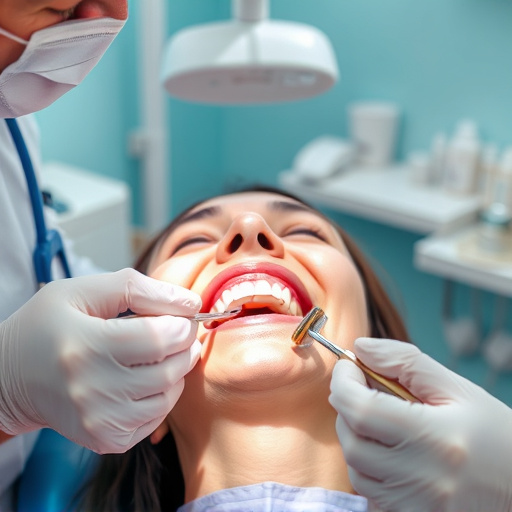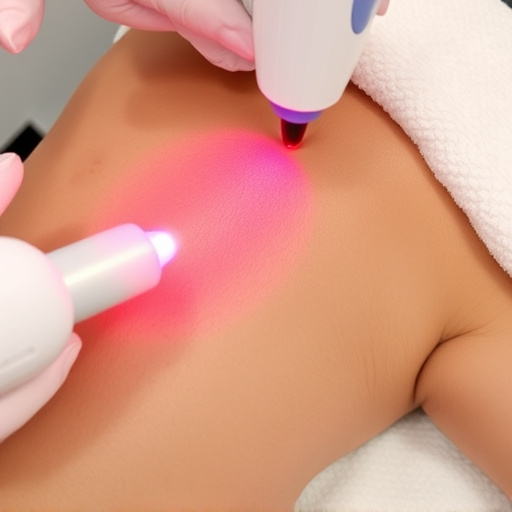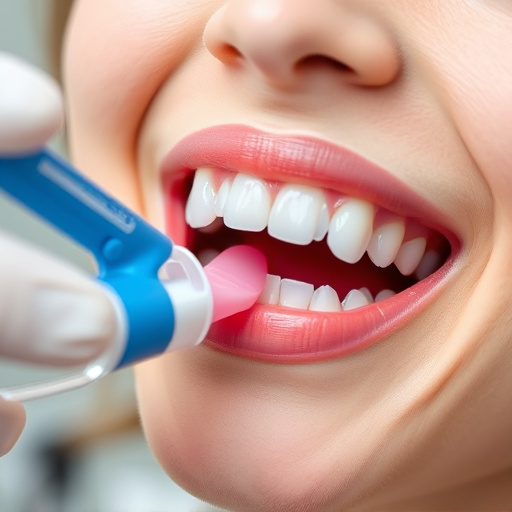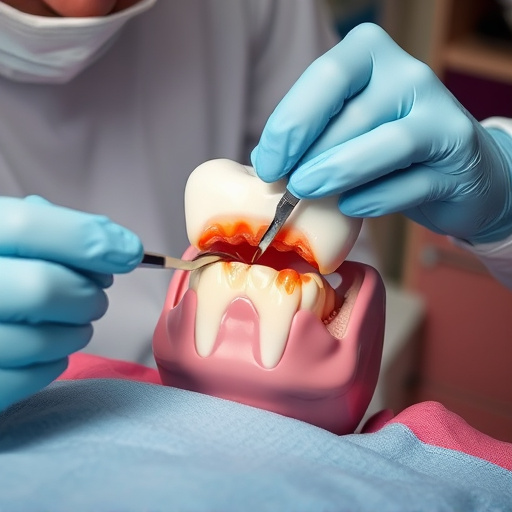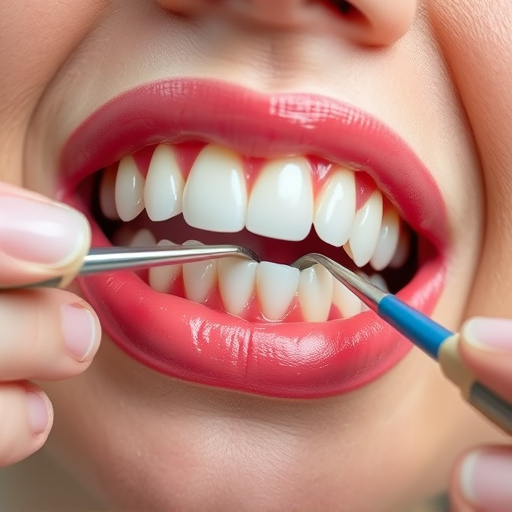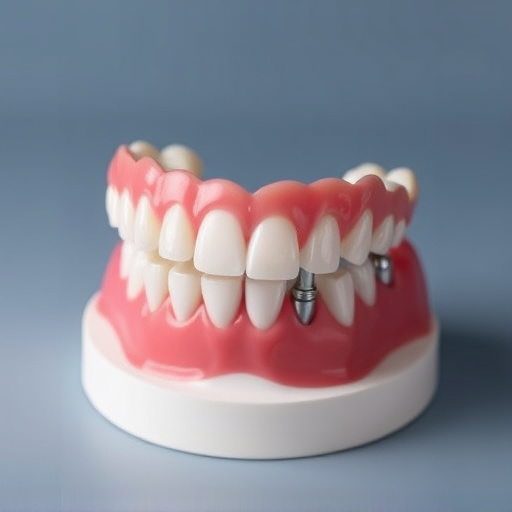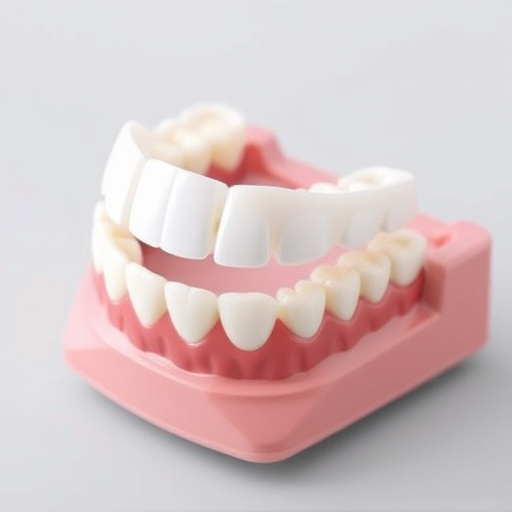Regular dental check-ups crucial for detecting problematic wisdom teeth early. Removal recommended if causing issues to prevent infections, pain, or damage to adjacent teeth. Procedure involves gum cut and local anesthesia; post-op care includes managing swelling, following dietary guidelines, and maintaining oral hygiene. Contact dentist immediately for severe pain, swelling, bleeding, or signs of infection after removal.
“Curios about wisdom teeth removal? This comprehensive guide explores the importance of proactive care, delving into the potential impact and risks associated with these elusive third molars. We’ll navigate the removal process, offering insights on what to expect during and after the procedure. Additionally, discover essential post-op care tips to prevent complications at home, ensuring a smoother recovery. Optimize your oral health journey by understanding the significance of wisdom teeth removal.”
- Understanding Wisdom Teeth Impact and Risks
- The Removal Process: What to Expect
- Post-Op Care: Preventing Complications at Home
Understanding Wisdom Teeth Impact and Risks
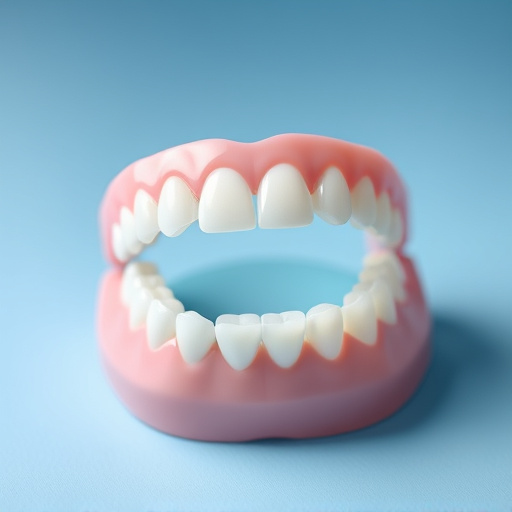
Wisdom teeth, or third molars, often cause problems as they attempt to erupt through the gums. If there’s insufficient space, they can become impacted, leading to potential complications like infection, pain, and damage to adjacent teeth. Some individuals might never experience issues with their wisdom teeth, but for many, removal is recommended to prevent future problems. Early detection is key; regular dental check-ups can help identify any concerns before they escalate.
Understanding the impact of wisdom teeth is crucial in making informed decisions about their removal. In some cases, patients may require emergency dental care if a tooth becomes infected or severely impacted. Comprehensive dental care includes evaluating the position of wisdom teeth and discussing options with your dentist, which could range from monitoring to surgical removal and even considering alternatives like dental implants for future replacement if necessary.
The Removal Process: What to Expect

The removal process for wisdom teeth typically involves a trip to an oral surgeon or dentist. During the appointment, your dental professional will first examine your mouth and X-rays to determine the best course of action. If the wisdom teeth are fully erupted and not causing any issues, they might suggest monitoring them with regular check-ups. However, if there is potential for complications like infection, impaction, or damage to adjacent teeth, removal is recommended. The procedure itself is usually quick and done under local anesthesia.
The dentist will make a small cut in your gum to access the tooth and then carefully remove it, ensuring no damage to nearby structures. In some cases, they might use surgical tools to break up impacted teeth or remove bone surrounding the tooth. After removal, you can expect some swelling and discomfort, which is usually manageable with prescribed medications. Proper aftercare, including a soft diet and following hygiene instructions, is essential for a smooth recovery process in wisdom teeth removal.
Post-Op Care: Preventing Complications at Home

After wisdom teeth removal, proper post-operative care is essential to prevent complications and ensure a smooth recovery at home. It’s crucial to maintain good oral hygiene by gently cleaning around the extraction sites using a soft-bristled toothbrush and salt water rinses. Avoid aggressive brushing or rinsing for the first 24 hours to prevent bleeding and irritation.
In addition, be mindful of your diet. Stick to soft, cool, or warm foods like yogurt, applesauce, soup, and mashed potatoes for the first few days. Steer clear of hot, spicy, or hard foods that could irritate the surgical sites. Also, stay hydrated but avoid using a straw for 24 hours as the suction can dislodge blood clots, potentially leading to dry socket—a common complication after wisdom teeth removal. If you experience severe pain, swelling, bleeding, or signs of infection like pus at the extraction site, contact your dentist or seek emergency dental care promptly.
Properly managing wisdom teeth is crucial for preventing future complications. By understanding their potential impact, being informed about the removal process, and adhering to post-operative care instructions, individuals can ensure a smooth recovery. Remember, timely action and expert guidance are key to maintaining oral health and avoiding long-term issues related to wisdom teeth removal.


